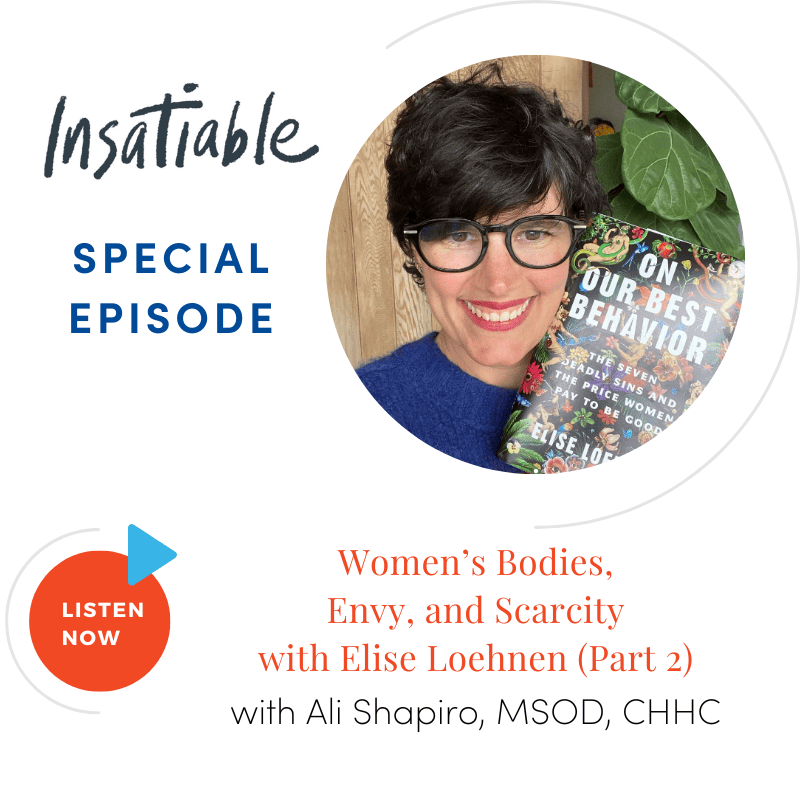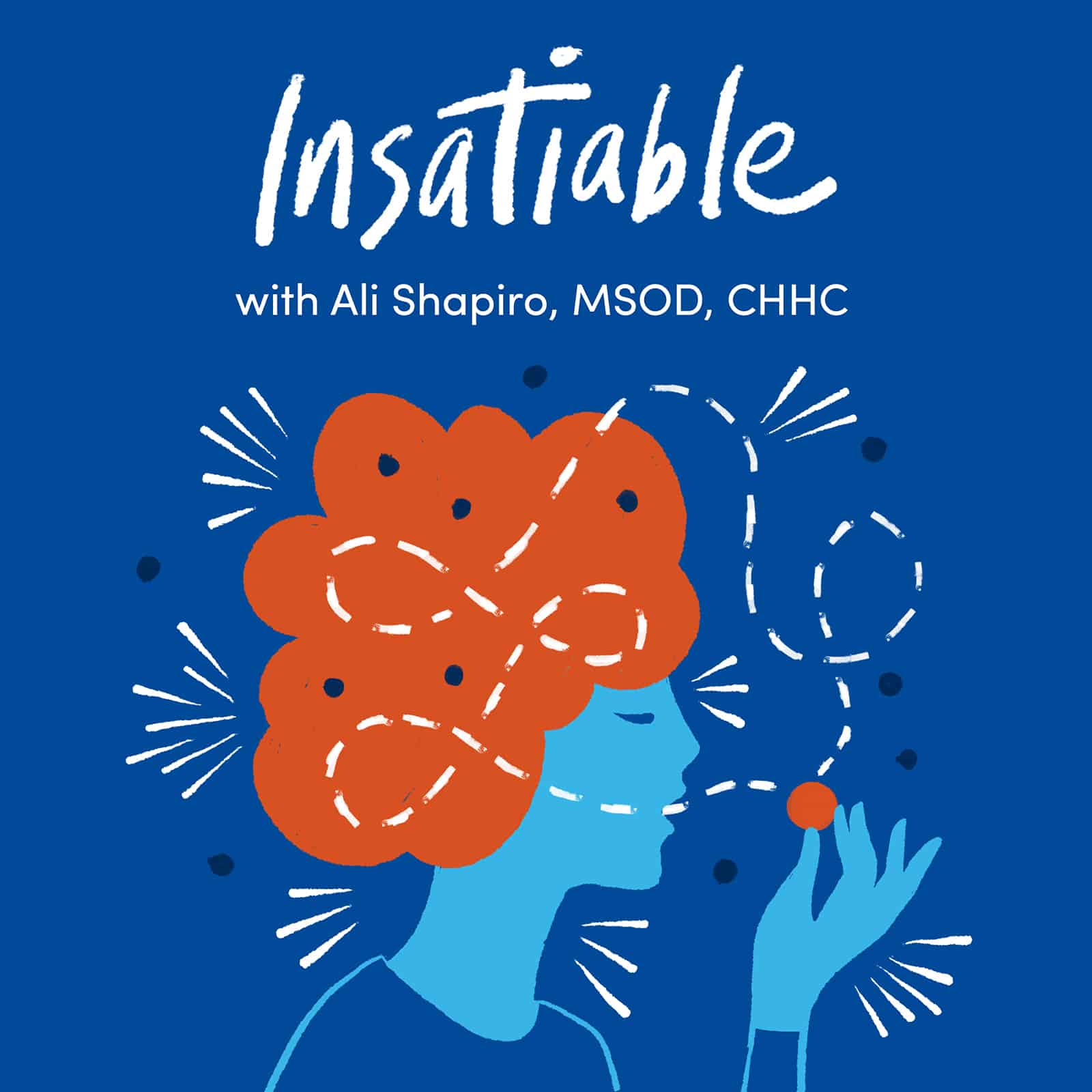It is a beautiful, breezy 72 degree day here in Pittsburgh (at least it was when I started writing this. It’s 90 degrees today while editing!).
The relief from the heat dramatically alters my mood and energy. I had a wonderful summer and summer’s not my “prime time”. I’m continuously amazed at how 10 degrees and low humidity changes everything for me.
Subtle shifts can be profound. This is true with the weather changing and our eating and exercise habits.
With the back-to-school vibes September brings, next month, as part of my Why Am I Eating This Now: Align Your Eating and Life launch, I’ll share new research that will have you wanting to learn how to “unhabit”.
Because if your kids, clients, work seasons, or health challenges control most of your time, habit development doesn’t work with eating and exercise habits.
My Why Am I Eating This Now? (WAIETN) Live: Your Life and Eating Aligned, is basically an “unhabit” class. We go beyond habit development and into the world of complex change. Registration begins September 11-18.
Want a free WAIETN sneak peek? Join my free A Cookie Isn’t Just A Cookie: Stop Stress Eating workshop on Wednesday, September 13. Get the deets and register here.
My work is way outside the traditional discipline and habit development narrative. Therefore, there’s more work on my part to educate and yours to believe that you don’t need more rules and restriction to feel great in your body. That you can trust “what works” is ease, gentleness, and satisfaction.
The research I’ll be sharing in upcoming emails and my free workshop is an important bridge to changing the narrative on the next generation of behavior change!
And if you’re a change agent interested in something more interesting, deep, and impactful than habit development, consider joining us in my Truce Coaching Certification (TCC).
TCC alumni find they’re so much more proud, energized, and aligned with their passion by getting to work this way.
TCC will up-level your confidence, impact, and business results as you learn how to facilitate complex behavior change. And don’t let those dry words fool you – this work is spiritual and soul-filled. TCC registration opens September 18-October 6. Sign up for Change Agent Disruption Hour to get on the list to be notified.
New Podcast
Elise and I pick up our conversation from part one of her instant New York Times bestseller On Our Best Behavior: The Seven Deadly Sins and the Price Women Pay to Be Good.
In this episode, we unpack the sins of Envy and Sloth and their effect on women.
It’s rare I can talk to someone who understands the various layers of body image (including the one where body image isn’t about body size). So it was a real treat to go to the depths. This includes why body positivity often misses the mark in supporting women’s relationship with their body.
In our interview, we discuss:
- The changing nature of what defines enough food restriction (Kate Moss’ 90’s heroine chic wasn’t the end!)
- The unconscious yearnings in feeling light and “high” from restricting food to feeling heavy and “low” from binging
- Why it’s important to pay attention to your envy and judgment of other women, including their bodies
- How scarcity and the sin of Sloth drive women to rush, overwork, and overdo
- The two sins no one has asked about in all her interviews and what’s the one thing she wishes would happen with her book that hasn’t.
For Change Agents
Last week, I suggested the short-comings of traditional coaching values exercises.
The second challenge is that often what clients need to value to achieve their goals is not on their values list…
- If you’re a health coach, has a client ever told you how much they value the monotony of eating vegetables or doing their PT exercises?
- If you’re a body image coach, has a client ever told you they can’t wait to date or buy their dream wardrobe 30 pounds above their goal weight?
- If you’re a business coach, has a client ever said, “I can’t wait to live through all the uncertainty, financial pressure, and rejection entrepreneurship brings up!”
In other words, how do you get clients to want to value the values our culture has discarded? Especially when you or your client can’t know what values they’ll need to reclaim in advance.
For example, pre-2020 Ali judged slowing down as inefficient, irresponsible, and financially risky. Yet using the TCC change process in my own life, I’ve discovered the profound blindspots in hustle culture and thus, what it was costing me.
My physical health is restored mostly because I slowed down my work pace. And my work life now has so much more ease, creativity, and fun.
And the financial risks I worried about have not come to fruition; slowing down forced me to focus on what’s essential for my business. I now do way less and what I do do has more impact.
This “Option C” values approach, where we reveal clients blindspots to increase their values range for truly life-changing impact, is the heart and soul of TCC. Receive a free TCC sneak peek.
Sign up here to be added to the interest list where I’ll be sharing more about TCC and the “unhabit” strategy of valuing choice, not control, in complex change.
Be Well,
P.S. Book your calendars now for a free sneak peak of my WAIETN Live: Your Life and Eating Aligned program with my free, A Cookie Isn’t Just A Cookie: Stop Stress Eating workshop on Wednesday, September 13. Get all the deets and register here.
P.P.S. If you’re a change agent and want to discover how traditional values exercises sabotage client’s sustainable change with complex behaviors like food, money, and work, catch a limited replay of my Change Agent Disruption Hour that happened today. Click here to learn more and sign up to receive the recording when it goes out.
Want more content like this where we get to the roots of your sustainable change battle like food, exercise, and overworking?
Sign up for my list here









Leave a Reply